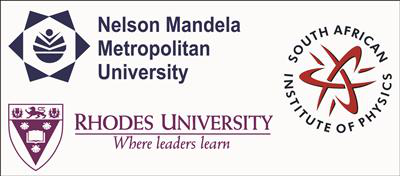Speaker
Dr
Melanie McLaren
(University of the Witwatersrand)
Level for award<br> (Hons, MSc, <br> PhD, N/A)?
N/A
Please indicate whether<br>this abstract may be<br>published online<br>(Yes / No)
No
Main supervisor (name and email)<br>and his / her institution
Prof. Andrew Forbes, University of the Witwatersrand
Would you like to <br> submit a short paper <br> for the Conference <br> Proceedings (Yes / No)?
No
Apply to be<br> considered for a student <br> award (Yes / No)?
No
Abstract content <br> (Max 300 words)<br><a href="http://events.saip.org.za/getFile.py/access?resId=0&materialId=0&confId=34" target="_blank">Formatting &<br>Special chars</a>
Vector beams are defined by spatially inhomogeneous states of polarization, that is, the spatial distribution and polarization state of the beam are non-separable. A variety of optical fields such as interferometry and optical tweezing have made use of the tighter focal spots produced by vector beams. It is therefore important to determine the degree to which these beams are non-separable or to determine the “vectorness” of such beams. We show that the non-separability of vector beams is analogous to that of entangled quantum states and as such, we use traditionally quantum techniques such as a Bell inequality, to determine the vectorness of our generated vector vortex beams.
Primary author
Dr
Melanie McLaren
(University of the Witwatersrand)
Co-authors
Prof.
Andrew Forbes
(CSIR)
Prof.
Thomas Konrad
(UKZN)

